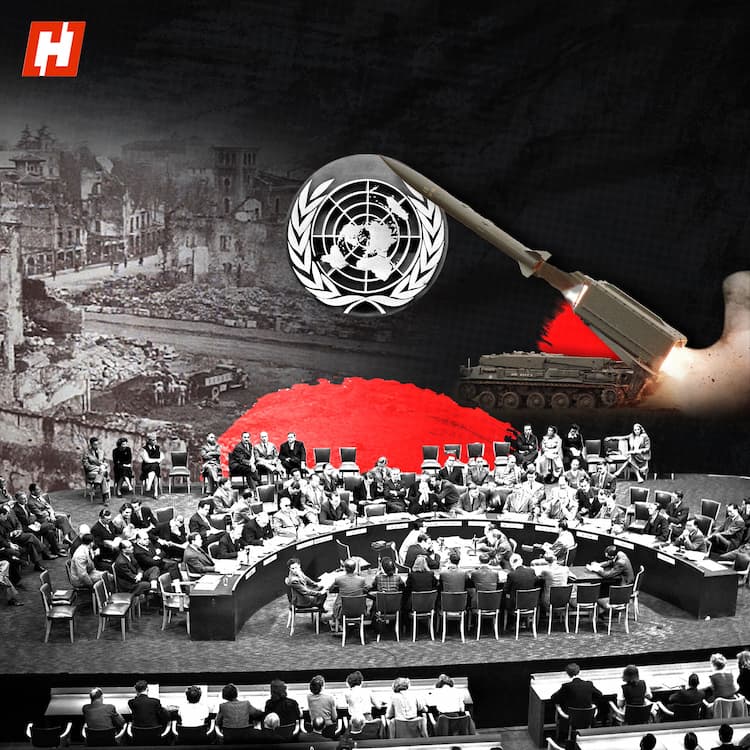Under Prime Minister Viktor Orbán and his government's self-styled "spring clean" measures, Budapest has regularly found itself at loggerheads with the European Commission and most of its 26 fellow EU members.
Allegations of corruption, cracking down on independent media and NGOs, laws penalising LGBTQ+ community, and defying EU consensus on Ukraine - all while clamping down on dissent at home.
The question now being asked is - has the European Union had enough of Hungary?
Deepening tensions within EU
On Tuesday, tensions deepened as 17 EU countries - Austria, Belgium, the Czech Republic, Denmark, Estonia, Finland, France, Germany, Ireland, Latvia, Lithuania, Luxembourg, the Netherlands, Portugal, Slovenia, Spain and Sweden - accused Orbán of contravening fundamental EU values.
Their joint statement said that they are “highly alarmed by these developments which run contrary to the fundamental values of human dignity, freedom, equality and respect for human rights".
They called on Hungary to revise the oppressive measures and asked the European Commission to make full use of its powers if Budapest fails to do so.
The declaration came ahead of a hearing on Tuesday in a long-running process where EU ministers will examine concerns that Hungary is at risk of breaching core EU values.
What is the Article 7 proceeding about & what does it mean for Hungary?
The EU has already targetted Hungary with several infringement procedures. It has frozen about 18 billion euros in funding and also initiated a process to curb Budapest’s voting rights under the Article 7 of European Union Treaty.
Under Article 7, member states can be sanctioned for "serious violations" of the EU’s rule of law and can in theory result in the suspension of a country's voting rights in the EU Council.
Hungary was earlier targetted by the European Parliament in 2018 for restricting independent media, civil society, arts and culture. The Council has discussed the issue eight times, but has never taken the step of triggering the next stage of the Article 7 process, in which the member states are called upon to vote on the sanctions.
Hungary’s EU Affairs Minister Janos Boka dismissed the procedure as "political hysteria", and asserted that his government has always strived for an "open and honest dialogue".
The prospect that EU nations could go through with the procedure - something that requires unanimity and has never happened before - seems far-fetched.
Why? Because Orbán enjoys the firm backing of Slovakia PM Robert Fico, who has made it clear that his country would block any attempts to punish Hungary. In January 2024, the Slovakian politician had said that he would never let a country be punished for standing up for its national sovereignty.
Hungary can take heart from the fact that Poland was previously subjected to the Article 7 process. Poland escaped punishment after the pro-EU government of Donald Tusk reversed the controversial justice reforms.
But the EU members seem in no mood to let Hungary off the hook.
As Germany's EU Minister Gunther Krichbaum so eloquently said - “patience is dwindling day by day".





